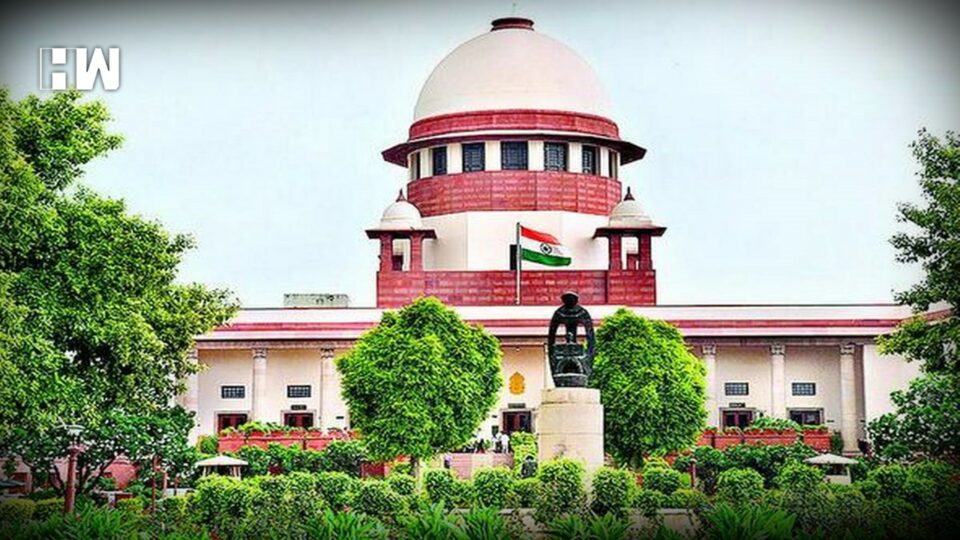The judges said the EWS quota does not violate the constitution on account of the 50 percent ceiling limit.
News Delhi: The Supreme Court supported the 10% quota for poor people, or EWS (Economically Weaker Sections), in government positions and colleges today, stating that it is neither discriminatory and does not change the fundamental framework of the constitution.
The judges ruled that because of the 50 percent ceiling limit, the EWS quota did not go against the constitution.
Just before the 2019 general election, the EWS reserve was established, eschewing affirmative action, which aids historically underrepresented groups in Indian culture.
The Centre approved the 103rd constitutional amendment in January 2019, not long after the ruling BJP lost the elections in Madhya Pradesh, Rajasthan, and Chhattisgarh. It was immediately contested in front of the Supreme Court.
A panel of three judges passed the verdict upholding the Act while CJI UU Lalit concurred with Justice S Ravindra Bhat and passed a dissent order.
Majority bench – Justices Dinesh Maheshwari, Bela Trivedi, and JB Pardiwala upheld the EWS amendment. Justice Maheshwari said, “The EWS amendment does not violate the equality code or the essential features of the Constitution.”
Justice Bela M Trivedi said, her judgment is in concurrence with Justice Maheshwari and says the EWS quota in the general category is valid and constitutional.
CJI Lalit, Justices Dinesh Maheshwari, Bela M Trivedi, and JB Pardiwala passed the judgment upholding the Act.
The Chief Justice of India UU Lalit said there will be a total of four judgments that will be delivered in the matter.
“There are four judgments to be delivered on the issue relating to the constitutional validity of reservations of the Economically Weaker Section (EWS) in higher education and issues of public employment on the basis of financial conditions,” Chief Justice of India UU Lalit said on Monday.
In September last week, the constitution bench comprising Chief Justice Uday Umesh Lalit, Justice Dinesh Maheshwari, Justice S Ravindra Bhat, Justice Bela M Trivedi, and Justice JB Pardiwala, reserved the order after all the parties concluded their arguments.
The Constitution Bench was dealing with issues relating to the Constitutional validity of reservations on the basis of economic conditions. The court has begun hearing the matter on September 13 and the hearing was heard for seven days.
The constitutional validity of the 103rd Amendment Act, 2019 enabled the State to make reservations in higher education and matters of public employment on the basis of economic criteria alone. The Janhit Abhiyan petition is the lead matter.
Also Read: Hemant Soren Writes To EC Requesting Copy Of Governor’s Requested “Second Opinion”
Janhit Abhiyan’s matter relates to the challenging constitutional validity of the 103rd Amendment Act, 2019 which enabled the State to make reservations in higher education and matters of public employment on the basis of economic criteria alone.
Moreover, the Janhit matter is being heard together with a case filed by the Andhra Pradesh government against the High Court’s decision quashing its decision of granting reservations in education and public service for the entire Muslim population of the State in 2005.
As an independent media platform, we do not take advertisements from governments and corporate houses. It is you, our readers, who have supported us on our journey to do honest and unbiased journalism. Please contribute, so that we can continue to do the same in future.

